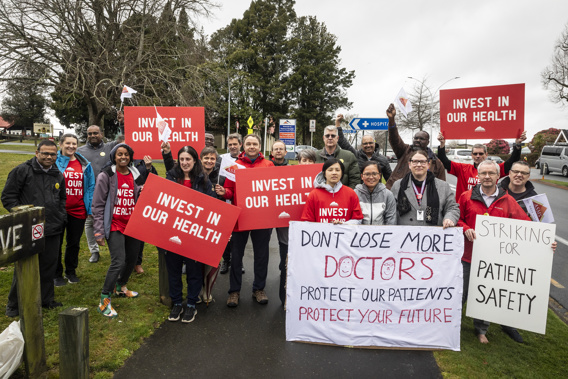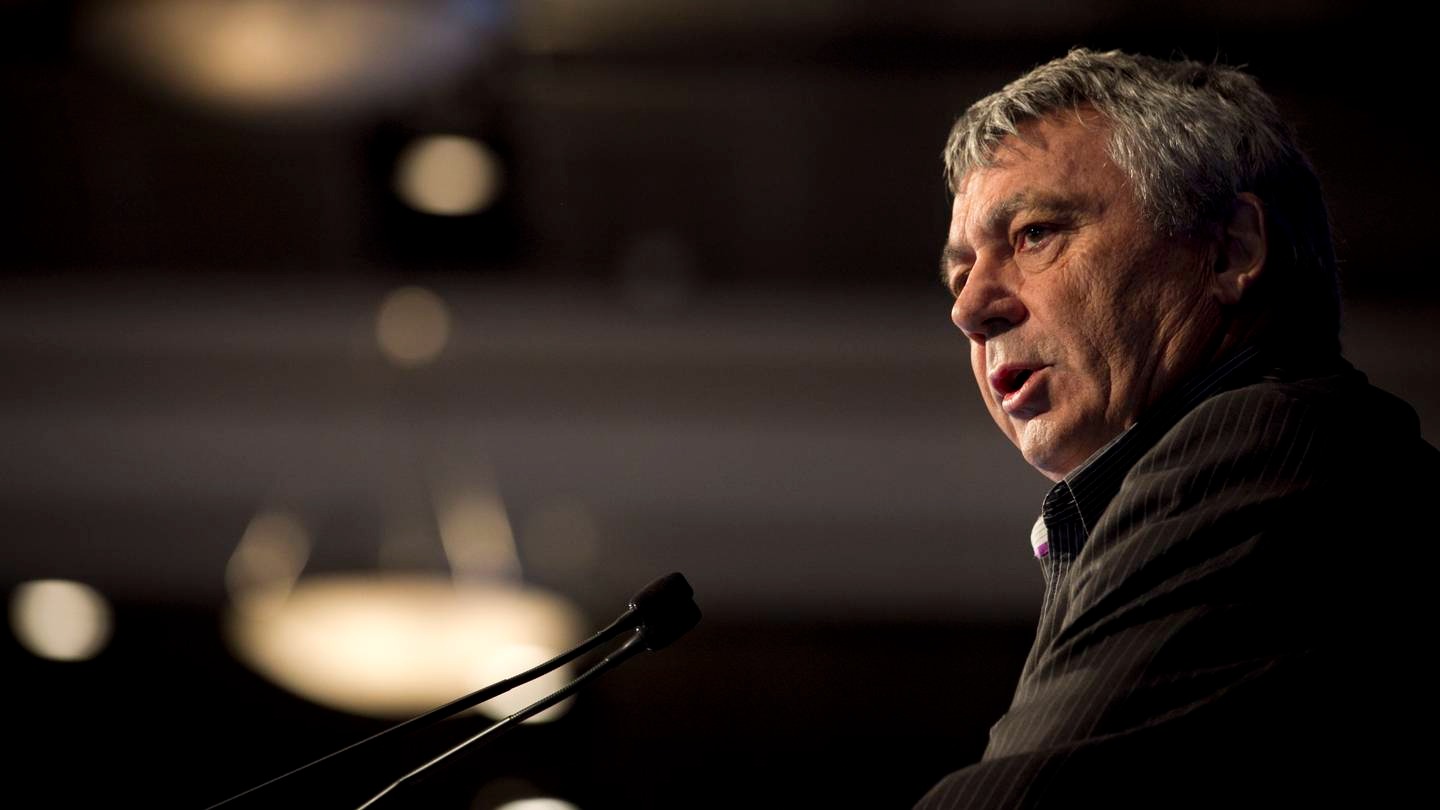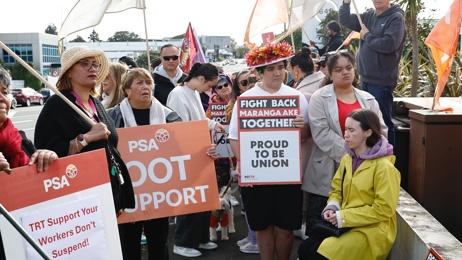
The recently announced plans for a doctor's strike next month have been labelled "just the normal theatre of bargaining" by the former Health NZ chairman, claiming the strike threat shouldn't be the focus but rather the country's inability to resolve such disputes.
Industrial action was announced by the sector's unions yesterday with thousands of doctors across New Zealand to strike for 25 hours, from 7am on May 7. It's come in response to disputes over pay, the Resident Doctors Association claimed the Government is "robbing Peter to pay Paul".
But Rob Campbell, who was chairman of Health NZ until his sacking last year, said the threat of strike action was the usual way that unions would go about the bargaining process and that people shouldn't "get too excited" about it.
He said instead there was another point worth emphasising from the mediation outcomes.
"We should be focusing on why it is that we seem to be unable to have people working together constructively when there's obviously such a public need for that to happen," he told Newstalk ZB this morning.
Campbell claimed that poor management was to blame for such a wide range of issues, including pay, still outstanding after such a long time of bargaining.
"But also, what it reflects I think is the continuing unease amongst staff in the sector as to who is really on their side - so there's always some theatre behind the specifics of this, and what's happened...is the people who work in the sector feel increasingly disaffected and unheard, and so you find these events will occur more and more," he said.
Hosking asked how many doctors had a genuine need for a pay increase compared to people who would just like to make more money, Campbell said very few people wouldn't want more money but that doctors don't usually enter their field for the compensation.
He believed the bigger issues surrounded the doctors' working conditions, their career prospects and the additional pressures they feel they're under.

"Money is part of it but it's more an expression of the disaffection and frankly, I agree with them because the problems the health sector faces can't be solved simply from above," said Campbell.
"They can only be solved with the active involvement of the people working in the sector and that's one of the things that's gone missing in this whole reform process."
Campbell said the public "talks to much about too little" instead of discussing the quality of management in the health sector, with the outcome being issues being publicly threshed out instead of private negotiations.
However, Campbell believes New Zealand isn't alone in the fight.
"What's happening in many of these [countries] is the same - people are ageing, costs are increasing significantly, there's an act of competition between private interests and public need going on...the issues are common around the world and there's nothing particularly unique about New Zealand."
Health Minister, Shane Reti didn't provide Newstalk ZB Plus with much further detail about his thoughts around the negotiations, he simply acknowledged they were taking place and that resident medical officers play an important role in the workforce.
He said the Government believes bargaining is the most effective way to resolve outstanding issues and avoid potential disruption to patients and the wider health system.
The stances of the two parties, according to Deborah Powell of the Resident Doctors Association, are quite far apart in terms of demands. She said it was made clear to Te Whatu Ora that pay cuts were unacceptable.
As Powell explained to Newstalk ZB, a minority of members working in pathology, radiation and psychiatry were being told their pay would be docked, meanwhile, other workers were being offered salary bumps of up to 25%.
Hosking asked Powell if Te Whatu Ora would consider lessening the 25% increases to avoid cutting the salaries of other workers, Powell said the request failed.
"That's what we've asked for, and we thought we got their position, but sadly not - the powers that be turned it down," she said.
"We thought we got through, we thought we actually had a basis of a deal that would probably get across the line, but the bargaining teams for Te Whatu Ora went back to the powers that be and they said no, so here we are now basically."
Take your Radio, Podcasts and Music with you









